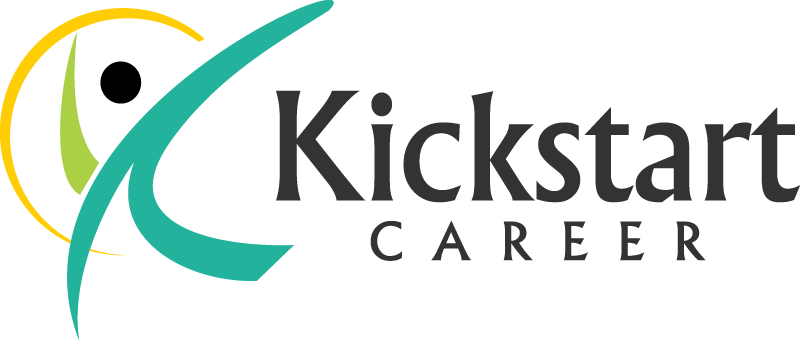How Agency Recruiters Can Help or Hurt Your Job Search
Employers find candidates with both internal recruiters and external recruiting agencies. Sometimes companies use both methods at the same time. I started my recruiting career at an agency. After nine years, I transitioned to working as an internal corporate recruiter. Understanding how external recruiting agencies work with their corporate clients is really important and can make your job search easier.
TLDR: Ask the agency if their agreement with the client is contingent or retained. You will have less competition from other candidates with a retained agreement, the agency will have better information about the position, and will spend more time with you to answer your questions/share details about the position and the company.
#1 – Why Do Companies Use Agencies:
A company uses recruiting agencies for several reasons:
- Hire unique/ hard-to-find skills.
- Minimize long term financial commitments during economic downturns. If a critical project has to be completed, then hiring a contractor is better than hiring another employee that might get laid off later.
- Maintain confidentiality during a sensitive executive search.
- Outsource their corporate recruiting function to reduce company costs.
#2 – Retained or Contingent Search Client Agreements – Makes a Big Difference to YOU!
In a job search it is really important to understand the difference between retained and contingent search! Why? In a contingent search, there are often SEVERAL agencies competing with each other and sending candidates to a company. In retained search, there is only ONE agency working on a specific role.
Contingent Search: Most of the time when companies recruit, they pay the agency “contingent” on finding a suitable candidate that the company wants to hire. The agency works for free until the company chooses a candidate to hire.
Retained Search: When searching for an Executive or a full-time employee, often the agency is hired on a retainer. With a retainer agreement, the client pays the agency at hiring milestones: for example – 30% when candidate resumes are sent to the company, 30% after interviewing candidates, then 40% after a hiring decision. It is unusual for a company to engage with multiple agencies on a retainer.
#3 – How Attentive is the Agency to Candidates?
An agency typically contacts you once they have a client with a position where you are a fit. And until there is an interview, it will be hard to get time with the agency recruiter, especially on a contingent search. All agencies will send multiple candidates to the company in the hope of getting an interview for one candidate.
#4 – Does the Agency Understand the Ideal Candidate Profile?
Contingent Agencies rarely have all the details about the ideal candidate profile for their client. Why – companies have less “skin in the game” with contingent agencies and therefore don’t invest as much in their success. Agencies tend to “test out” different candidate profiles to get a better picture of the ideal candidate profile. You may be one of those “test” candidates.
#5 – Your Resume is Valuable to the Agency
Agencies are always looking to build their business with more clients. Often, a company “tries out” a new agency if the agency has sent them a “sample candidate” that has an impressive resume. The agency is using the resume as bait to get a new client contract.
You don’t want the agency to send your resume to a company where you had already intended to apply; otherwise, the client company will be contractually obligated to the agency if you are hired. That could get messy. Get the agency’s commitment to ask for your permission before submitting your resume to a specific company. If an agency isn’t willing to do this, then don’t give them your resume and think twice about having them represent you to a company.
If an agency contacts you about an opportunity, before giving them your resume, get the client’s name and ask the agency if they already have a contract with that client.
#6 – Be Picky in Choosing Agencies
Starting a staffing agency doesn’t take a lot of investment. Some “agencies” will do almost anything to get a contract with a client. Be selective about which agency you choose to represent you.
- Work with agencies that have been in business for at least a couple of years and have a successful track record in your specific industry or career path. Recruiters at these agencies can have great insight into hiring trends across an industry segment since they talk with many companies. In these cases, a recruiter may have gathered business sector insights in advance of the news being reported publicly.
- Check their website for customer names. If the client list is relevant to your career objectives, or are companies that you admire, then work with that agency.
#7 – What Next?
Now you have a better idea of what to expect from recruiting agencies and how to work with them. Happy to help you further by developing a list of questions for you to screen a specific agency.
Send me an email at tricia@kickstartcareer.com with the subject line “Questions for Agency Recruiters.” In the email, tell me:
- A summary of your career
- Your career aspirations
- Your previous experience working with agencies

